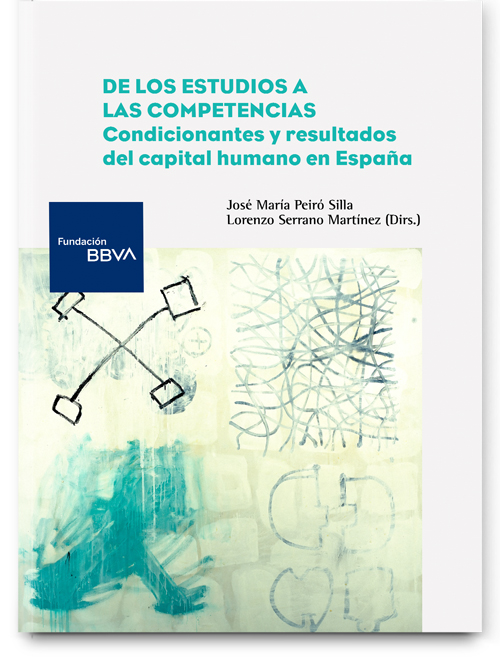Esta web utiliza cookies para que podamos ofrecerte la mejor experiencia de usuario posible. La información de las cookies se almacena en tu navegador y realiza funciones tales como reconocerte cuando vuelves a nuestra web o ayudar a nuestro equipo a comprender qué secciones de la web encuentras más interesantes y útiles.
Research Areas

The exceptional situation experienced to stop the spread of COVID-19 through social distancing and confinement measures has required an effort in the use of digitalization to avoid a complete interruption of the learning process in schools. But it has also revealed inequality gaps in the access to education, as attendance at educational centers, at all levels, has been disrupted and virtual learning options have been much more intensely implemented. In this situation, the level of digital equipment in homes -large but unequal among families of different levels of income and education- has proved decisive for taking advantage of these alternatives. The “digital qualification” of family members and the capacity of schools and teachers to offer tools and support for distance-learning is another relevant issue that is influenced by regional policies and the type of ownership of schools. This project takes an in-depth look at the socioeconomic determinants of educational results and cognitive skills and analyzes their consequences for opportunities for personal development and productive use of knowledge. The research is proposed bearing in mind three coordinates: the acceleration of the processes of knowledge accumulation, the digital transformation, and the risk of generating digital gaps.
Peiró, J. M., L. Serrano (Dirs.), L. Hernández, V. Martínez-Tur and M. Moraga (2024). De los estudios a las competencias. Condicionantes y resultados del capital humano en España. Bilbao: Fundación BBVA.


